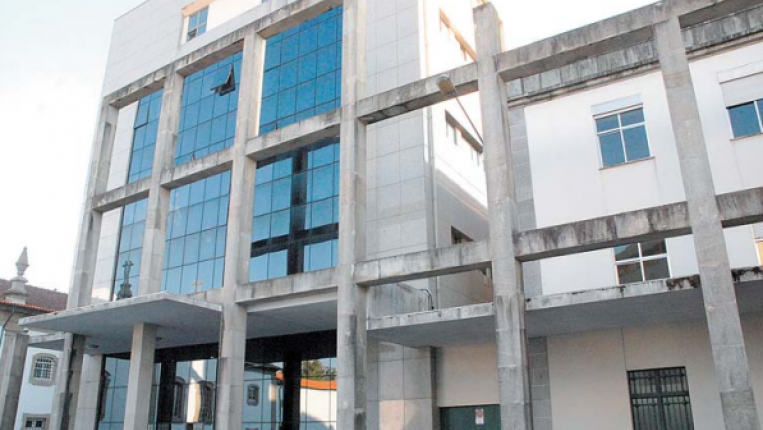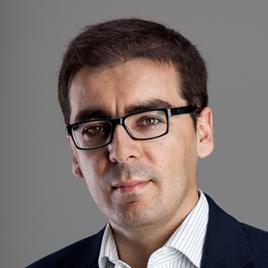Presentation
The master's degree in Education Sciences aims to fill a gap in the training offer at the Faculty of Philosophy and Social Sciences at UCP (Braga). This course aims to maintain a humanist brand in education training, which the institution has had since its foundation, adjusted to the training and student needs of today. In fact, given the challenges that current times pose to us, particularly in ethical, political, cultural, organizational, technological, communicational and investigative terms, it is not possible to conceive of a university that is free from the concern of training, through rigorous and demanding education, conscious, supportive and deeply human citizens, respectful of themselves, others and the world around them.
On the other hand, if the Catholic University intends to present itself as a university “without walls”, cultured and wise, it cannot do without, in the training it offers, educational knowledge, whether of a more political, ethical and sociological nature, or then, of a more organizational, technological and methodological nature, without ever losing sight of interdisciplinarity and the permanent dialogue between the different perspectives that shape the original concept of education.
It is with this broad and integrated, but close, vision of education that the creation of a broad-spectrum master's degree in Educational Sciences is proposed, providing its recipients with not only contact with different branches and knowledge of education, but also the pursuit and in-depth research more in line with your interests and investigative paths.
General objectives
A) This course has the following general objectives:
- Provide solid and critical knowledge that contributes to an informed and committed positioning in the face of the problems that educational organizations, society and the world itself face.
- Train competent professionals capable of problematizing, in a critical and argued way, educational concepts, models, processes and practices.
- Train education professionals in the design, implementation, evaluation and execution of training, management and community and socio-cultural intervention programs and projects, in a creative and innovative way.
- Qualify for the autonomous exercise of leadership, supervision, consultancy, guidance, coordination and control functions in different educational contexts, with particular emphasis on the school environment.
- Provide in-depth knowledge about research methods and techniques that enable research in education to be developed.
B) As learning objectives, this Course aims to:
- Train and develop professionals who are aware and attentive to the challenges that continually arise in education, particularly those related to new concepts of learning, socio-pedagogical models and community and socio-cultural intervention, inclusive education, the evolution of human rights, of ethics and justice, with social and ethical responsibility, with sustainability, with the development and security of digital technologies.
- Mobilize knowledge from the various branches of Educational Sciences, which allows a rationally informed and well-founded positioning on the different educational contexts and phenomena.
- Promote rigorous practices in research, coordination, leadership, guidance, evaluation and management of education and intervention projects.
- Expand knowledge of research methodologies and techniques in the field of Education.
- Develop skills linked to improving the quality of the educational system in general.
Registration and Accreditation
DGES
Registration No. R/A-Ef 1193/2011/AL01 on February 19, 2021
A3ES
Accreditation date: June 6, 2016




